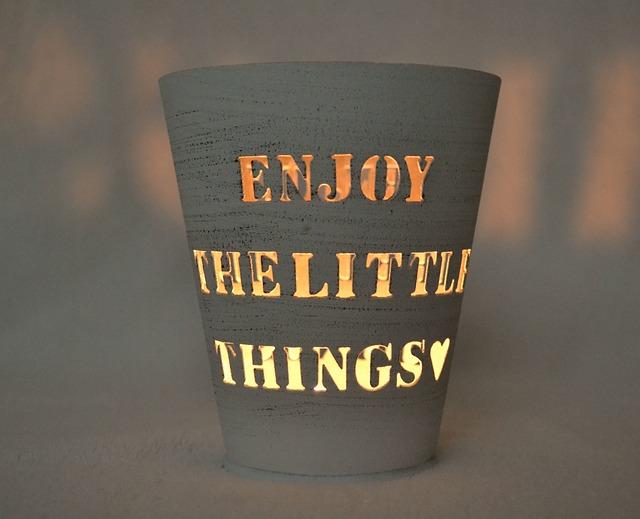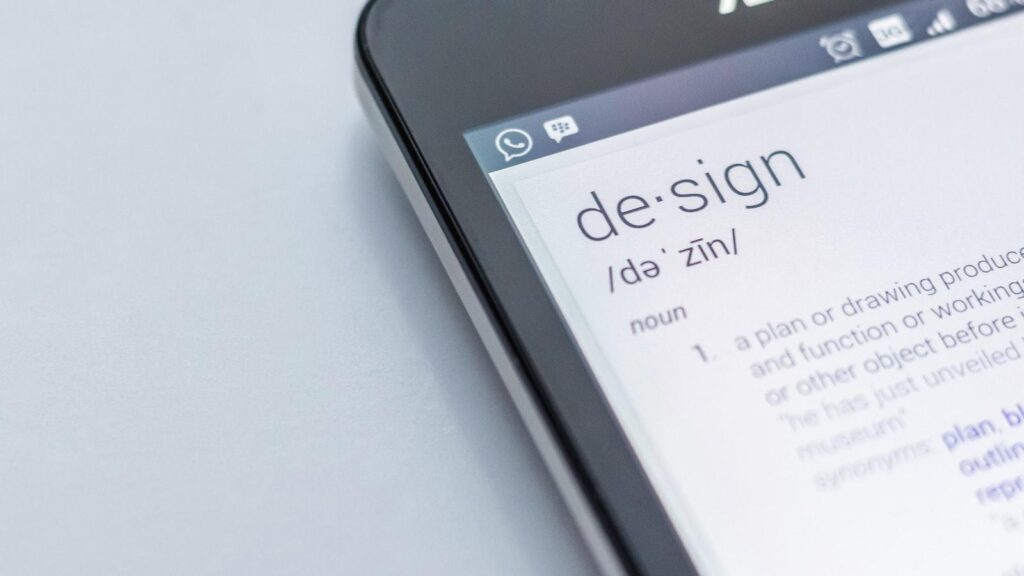Mastering The Art Of Pronunciation: Unveiling The Correct Sound Of "Jeweller"
Mastering the Art of Pronunciation: Unveiling the Correct Sound of "Jeweller"
Related Articles: Mastering the Art of Pronunciation: Unveiling the Correct Sound of "Jeweller"
Introduction
With great pleasure, we will explore the intriguing topic related to Mastering the Art of Pronunciation: Unveiling the Correct Sound of "Jeweller". Let’s weave interesting information and offer fresh perspectives to the readers.
Table of Content
Mastering the Art of Pronunciation: Unveiling the Correct Sound of "Jeweller"

In the realm of language, pronunciation holds immense significance. It serves as a bridge between the written word and its spoken counterpart, facilitating clear communication and understanding. Among the many words that pose pronunciation challenges, "jeweller" stands out as a common source of confusion. This article delves into the nuances of its pronunciation, providing a comprehensive guide to ensure accurate and confident articulation.
Understanding the Roots: A Historical Perspective
The word "jeweller" has its origins in the Old French term "joieler," which referred to a maker or seller of jewels. Over time, the word evolved into "jeweler" in English, with the "u" being silent in most dialects. This historical context provides a valuable insight into the pronunciation of the word, highlighting the evolution of language and its impact on modern usage.
Breaking Down the Sound: A Phonetic Analysis
To pronounce "jeweller" correctly, it is essential to understand the individual sounds that compose the word. The phonetic transcription of "jeweller" is /ˈdʒuːələr/. Let’s break down this transcription:
- ˈ: This symbol represents the primary stress, indicating that the first syllable "jew" receives the strongest emphasis.
- dʒ: This sound represents the initial consonant, similar to the "j" in "jump" or "gentle."
- uː: This sound represents a long vowel, similar to the "oo" in "moon" or "food."
- əl: This sound represents a combination of the "l" and the schwa sound, similar to the "a" in "about" or "sofa."
- ər: This sound represents a combination of the "r" and the schwa sound, similar to the "er" in "father" or "butter."
Common Mispronunciations and Their Correction
While the pronunciation of "jeweller" may seem straightforward, several common mispronunciations often arise. These mispronunciations typically stem from the influence of regional accents or a lack of awareness of the correct sounds. Here are some common errors and their corrections:
- "Jewel-er": This pronunciation places the stress on the second syllable, "er," instead of the first syllable, "jew." The correct pronunciation emphasizes the first syllable.
- "Jew-ler": This pronunciation omits the "u" sound, resulting in a shortened and less accurate pronunciation. The correct pronunciation includes the long "u" sound.
- "Jew-el-er": This pronunciation incorrectly separates the "jew" and "el" sounds, creating an unnecessary break in the word. The correct pronunciation smoothly connects these sounds.
The Importance of Accurate Pronunciation
Accurate pronunciation plays a crucial role in communication. It enhances clarity, ensures understanding, and reflects professionalism. In the context of "jeweller," proper pronunciation demonstrates respect for the profession, its history, and its practitioners. It also contributes to a positive impression, fostering trust and confidence in interactions with jewelers and customers alike.
FAQs: Addressing Common Queries
Q: Is "jeweller" the same as "jeweler"?
A: While both spellings are acceptable, "jeweller" is more commonly used in British English, while "jeweler" is more prevalent in American English. The pronunciation remains consistent regardless of the spelling.
Q: How do I pronounce "jeweller" in a formal setting?
A: In formal settings, it is crucial to maintain a clear and articulate pronunciation. Emphasize the first syllable "jew" and ensure the long "u" sound is present. Avoid any slang or casual pronunciations.
Q: What are some tips for improving my pronunciation of "jeweller"?
A: Here are some tips for enhancing your pronunciation of "jeweller":
- Practice regularly: Repeat the word aloud several times, focusing on the individual sounds and their combination.
- Listen to recordings: Listen to audio recordings of native speakers pronouncing "jeweller" to familiarize yourself with the correct sound.
- Record yourself: Record yourself saying the word and listen back to identify any areas for improvement.
- Seek feedback: Ask a trusted friend or language tutor to provide feedback on your pronunciation.
Conclusion: Elevating Communication with Accurate Pronunciation
Mastering the pronunciation of "jeweller" is not only about accuracy but also about respect, professionalism, and clarity. By understanding the historical origins, phonetic breakdown, and common mispronunciations, individuals can achieve a confident and accurate pronunciation. This, in turn, enhances communication, fosters understanding, and strengthens the bridge between the written word and its spoken counterpart.








Closure
Thus, we hope this article has provided valuable insights into Mastering the Art of Pronunciation: Unveiling the Correct Sound of "Jeweller". We appreciate your attention to our article. See you in our next article!